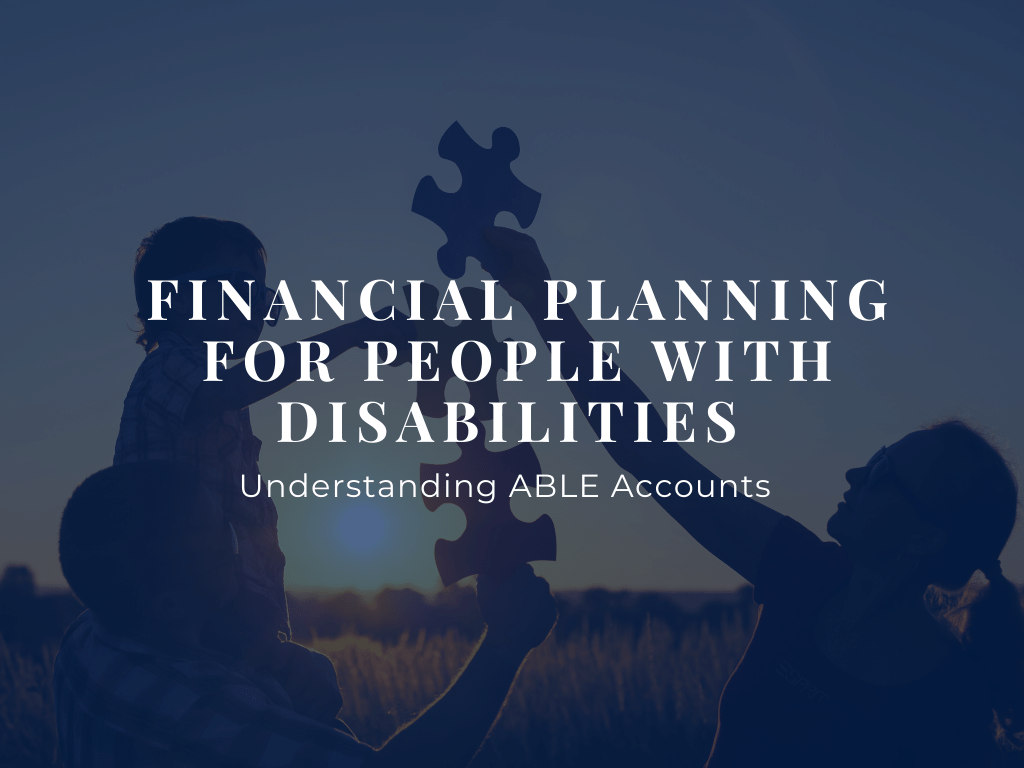Amid constant headlines of scams, identity theft, hackings and more, the internet can begin to feel like a scary place. As financial advisors, we work with many parents and grandparents of teens. Like a lot of our clients, you may find yourself worried for both yourself and your child or grandchild when it comes to financial internet safety. Avoiding the online world completely isn’t realistic. Your next best option is educating yourself and your teen. Keeping safe on the internet isn’t always easy, but these tips can help.
Carnegie Investment Counsel
Recent Posts
Financial Internet Safety for Teens (and Everyone)
Topics: Technology
Getting a Grip on Income Taxes in Retirement
You’ve spent the last few decades toiling away at your job or running your own business. You’ve provided for your family and possibly created jobs for others at the same time. And you have certainly been paying income taxes over that same time frame, probably ever since your dad got you that summer job that paid you the minimum wage.
As your retirement years come into focus, it’s a good bet that you’re looking forward to stepping away from the everyday grind of your family business or profession. Maybe you also believe that you will be walking away from paying Uncle Sam his share of your retirement income. That popular misconception is certainly not the case.
While retired Americans generally pay less in income taxes than other age groups because of a reduction in income, the tax burden can still be a significant line item in their budget.
Many different income streams in retirement, including Social Security benefits, are subject to federal and possibly state income taxes. This discussion, though, will focus on tax liabilities at the federal level. The amount of tax you will be required to pay is at least partly a function of how much income you will receive once you stop working. Let’s explore the primary sources of retirement income and what tax burden they carry.
Topics: Retirement Planning, Taxes
5 Ways to Build Wealth at Any Age or Stage
Building wealth is an integral step in many major life goals: purchasing a home, limiting financial stress, supporting loved ones, enjoying retirement, the list goes on and on. But building wealth isn’t always straightforward. What if you’re early in your career and just barely managing to make ends meet? What if you’re nearing retirement but don’t feel you’ve saved enough? No matter your age or stage of life, here are five ways to help you build wealth now.
Topics: Financial Planning, Wealth Management
Selling Your Business: Investing to Make Your Payout Last a Lifetime
All your hard work over the years has finally paid off and you’re selling your business. This is an exciting time, but it’s also full of decisions that will impact you for the rest of your life. No matter how large your payout, making it last requires planning. Here’s what you need to know to make your funds last a lifetime.
Topics: Investing, Investment Management
Top Things to Know About Retirement Planning, Even If You’re Not Financially Savvy
The state of retirement planning in the United States is grim. More than a third of Americans surveyed believe they’ll never have the ability to retire, 59 percent plan to work longer and 41 percent said financial security in retirement would “take a miracle.” The good news is that saving for retirement doesn’t need to be overly complicated. Here are the top things to know about retirement planning strategies that even the least financially savvy can implement.
Topics: Retirement Planning
Making decisions today that are designed to take effect upon our eventual demise is hardly at the top of anyone’s pleasure list. When it comes to ensuring the financial well-being of your family though, making thoughtful preparations regarding the final disposition of your assets should be a priority. The creation of an estate plan allows you to control how your assets are transferred to your heirs when you die or become mentally or physically incapacitated.
An estate plan will have far-reaching consequences regarding how your financial assets are distributed. A properly designed plan can also make directives about your medical care if you become too ill to make those decisions yourself.
In the absence of an estate plan, a probate court may be making the decisions about your money when you pass away, rather than following your wishes. The lack of a plan may leave your family with an undue hardship, particularly if you have not made it clear to them how you want your affairs to be managed.
Consider the essential components of a proper estate plan:
Topics: Financial Planning, Wealth Management
Resolve to Prepare: Retirement Planning Conversation Checklist
Retirement planning looks different for everyone, but the basic rule of thumb is that you should plan for 70 to 90 percent of your pre-retirement income. Your financial advisor will walk you through that conversation so that you’re making good progress and staying on your desired retirement schedule. Below, we’ve created a checklist of topics to guide your retirement planning.
Topics: Retirement Planning
Life Events: Reasons to Change Your Will
You’ve got many important documents you keep safe: your Social Security card, your birth certificate, your marriage certificate and, perhaps most important, your will. Though some of these documents can’t be changed, your will can be modified throughout your life so that your estate is handled according to your wishes after your passing. You want to make sure the right people inherit your assets, and those circumstances can change over time in relation to choices and relationships. We’ve created a comprehensive guide called Beyond the Will Checklist to help organize what’s typically reviewed. You can download the guide for a deeper dive, or keep reading for an overview of common life events that may signal it’s time to revisit your plan.
Here’s a look at some reasons to change your will.
Topics: Financial Planning, Retirement Planning
Kids and Money: How to Teach Money Habits and Investing Concepts
You’ve spent a lifetime developing an investing style and compiling ideas about how to wisely manage your personal finances. Wouldn’t it be a great idea to pass along some of that wisdom to your family? Here are a few ideas on how to teach money habits to young people.
Part of any practical education for your children and possibly your grandchildren should be how to manage their finances effectively.
Don't assume your kids are too young to start this process. If you wait until they are college-age, you will likely miss a golden opportunity to create an enduring set of guidelines for financial management.
Another assumption that you can readily discount is that these lessons will be taught in school. According to the Council for Economic Education, only 30 states require a course in personal finance for high school graduation.
You may be doing a great disservice to your children by failing to give them an explanation of how the primary aspects of personal finance work. Here are some suggestions:
Topics: Financial Planning
Financial Planning for People With Disabilities: Understanding ABLE Accounts
ABLE Act accounts started with a parent. It was Stephen E. Beck, Jr., vice chairman of the National Down Syndrome Society and the Down Syndrome Association of Northern Virginia Board of Directors who proposed a plan to help his daughter, who has Down syndrome, save money. His plan is what became the basis for the Achieving a Better Life Experience (ABLE) Act.
In 2014, the ABLE Act was signed into law by President Obama and in June 2016, ABLE programs were launched in Ohio, Tennessee and Nebraska. In Ohio, for example, these accounts are called STABLE accounts.
If you’re a parent raising a child with special needs, you know there are unique circumstances when it comes to managing your family’s finances. In a previous blog post, we outlined eight simple steps for parents to take to establish financial stability for their child. This blog takes a closer and more in-depth look at ABLE Act accounts and answers some frequently asked questions.
By definition, ABLE accounts are investment accounts for eligible individuals with disabilities that allow them to save and invest money while retaining eligibility for public benefits programs (like Medicaid, SSI for example). These accounts share similarities with regular bank accounts, but they function more like 529 college savings accounts.
Topics: Financial Planning











